The Princess Director Ed Perkins on the Shakespearean Tragedy of Princess Diana
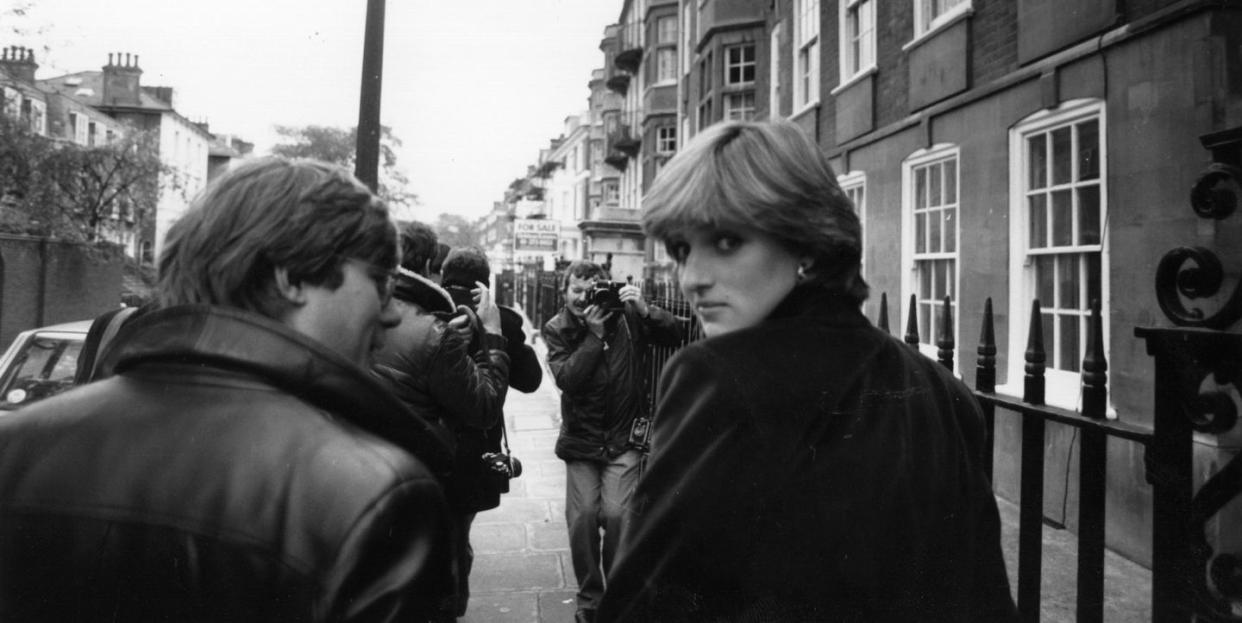
"Hearst Magazines and Yahoo may earn commission or revenue on some items through the links below."
Despite having died 25 years ago, Princess Diana remains almost omnipresent in popular culture. She's a central character in recent TV dramas, plays, books, and movies, all of which have premiered in the past year or so. Director Ed Perkins's The Princess, debuting tonight on HBO, is the latest addition to the crowed field of documentaries hoping to offer a new perspective on the late Princess of Wales.
And, by eschewing the hallmarks of documentary filmmaking (talking heads and a modern narration), in favor of a film crafted entirely out of archival footage, it succeeds. Perkins shapes a narrative, yes, about Diana, but also about society, and its relationship to celebrity both three decades ago, and today.
"The truth is, this is one of the most told and retold stories probably in the last 30 years. And so we were highly aware that it was only worthwhile doing this if we felt like we could offer a new perspective," he tells T&C.
"I have watched many, many documentaries about Diana—most people have. A lot of them are consciously trying to get inside her head. They're trying to understand how she feels. All of that is really interesting, but inevitably it does involve a degree of speculation because we don't know exactly what she was feeling. The part of the Diana story that I felt was more interesting was not what does this say about Diana, but actually what does Diana's story say about all of us?"
The Princess is at once fodder for royal spectators—and a searing indictment of the role the public and the press played in her death.
"The whole point of this film it is to try to turn the camera back onto all of us, and to force ourselves to ask difficult questions about our relationship to Diana and through that, our relationship to the monarchy and more broadly, to celebrity. Which is what was our active role in this story? What was our complicity in this tragedy?"
Here, director Ed Perkins speaks with T&C about his process, how he feels about Diana's controversial Panorama interview, and why now's the right time for this film.
Sign up for HBO Max
What initially drew you to this project?
This is actually a film I wanted to make for a really long time. Probably five or six years, and I guess at the most basic level, it is because I feel that this is one of the most defining stories of our time. It almost feels kind of Shakespearean or like Greek mythology, and yet, it's a story that we all sort of actively participated in and lived through. It's also a story that felt sort of strangely personal to me. I never met Diana, but like lots of people, millions of people around the world, I feel a strangely personal connection with this story. I don't think it's just that I'm British; there's something about Diana or what she came to represent that got under people's skin and perhaps became part of a collective understanding of who we were.
The film really is trying to explore why that was the case. Why back in 1981 did tens of millions of people cheer Diana on as she got married? Why was it that for the next 16, 17 years, she was right on the public stage, and we dissected everything she did, everything she wore, everything she said? And then why was it perhaps most poignantly that so many people reacted in the way they did after she died? I was 11 when she died and I have this very, very visceral memory of exactly where I was when she died. Like lots of people. It really takes me back to a moment. And I remember my parents being very emotional and upset. And I remember watching the TV in the days after she died and just being blown away by this extraordinary outpouring of public grief that we saw—grown men and women on the streets of London, crying uncontrollably as though they've lost their own mother or daughter or sister.
And I think as an 11 year old, I didn't necessarily relate to that emotion. I didn't feel sad myself, but I do remember feeling kind of confused and trying to work out what it was about Diana or what she represented that had had such a hold over so many people. In a sense, that's the starting point for our film: can we tell Diana's story in a way that might allow us a new perspective on this? Or one that might give us some deeper or new insight into that extraordinary relationship between Diana and the public.
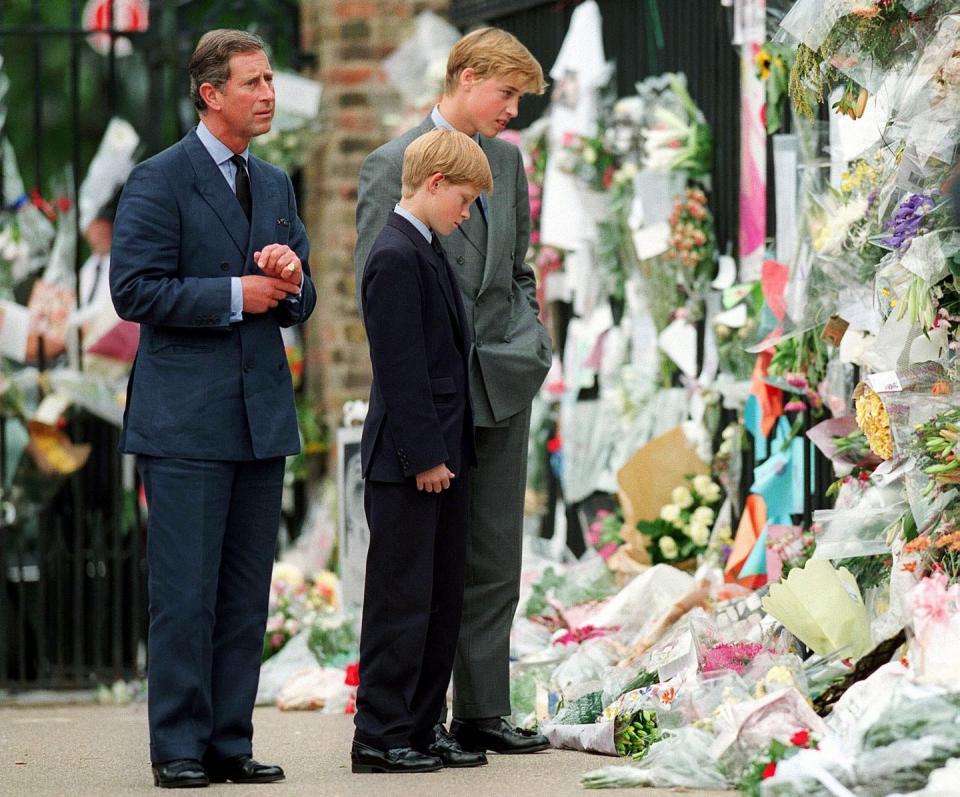
Why is now the right time for this film?
There's a practical answer to that, which is that we hit lockdown like the rest of the world. Even though I'd been wanting to make this film for many years, we'd never quite worked out how to do it or what we wanted it to say. When the pandemic hit, we couldn't make the kind of films that we wanted to make because we couldn't travel; we couldn't spend time with people. This story didn't require that because we wanted to make it solely out of archive. Normally when you make a documentary, you would shoot headshot interviews. We don't go in for any of that. We eschew all those traditional building blocks of documentary storytelling, and instead are aiming for something much more unmediated.
So there's that, on a practical level. I think on a more emotional level, even though the events of this film take place 25, 30 years ago, I actually don't see this as a historical documentary. I think it's a highly relevant story because it's possible to see this as a kind of origin story for what is still playing out today, whether that's the public's relationship to monarchy or more broadly to celebrity, or even, in terms of some of the more modern royal stories that we've seen, I think there are similarities and links and echoes that can be found.
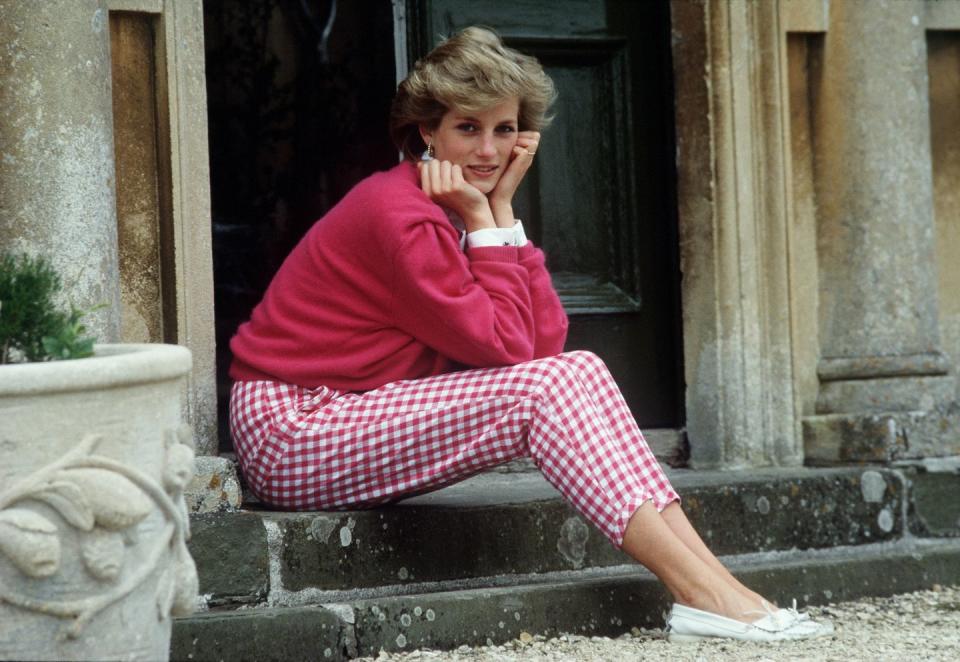
Is the film a response in a way to Harry and Meghan taking a step back from their roles in the monarchy?
No, it's not a response. What was interesting is that when we started making this film a couple of years ago, it was around the same time that Harry and Meghan were leaving the UK and moving to the US. And we all found it interesting that a lot of people in the UK really were passionately involved in that debate. It felt like it was the only thing that people wanted to talk about for days and weeks and months. And people took very strong and often polarized positions on it. People quite literally took sides, and often that was around generational lines, but there was this debate, this kind of national discourse that I'm sure perhaps was happening internationally as well.
It reminded me very much of the conversation that was happening throughout Diana's life. And so what was interesting was at that point, I was looking back through the archive at Diana's life, and I was seeing these echoes that throughout her entire public life, we were all constantly debating and analyzing and offering comments on and opinion on her life and her actions and her marriage and her story. And there was this constant chatter and debate that was happening in pubs and around kitchen tables up and down the country. The film is trying in a sense to bring that discourse back to life, because the film is not about assigning any blame, but it is a sort of critique of that constant speculation and the way in which we did and continue to turn these kind of stories into a form of entertainment for our own consumption.
It's interesting to reflect on this idea that we all want the fairytale, but at what cost or at whose expense?
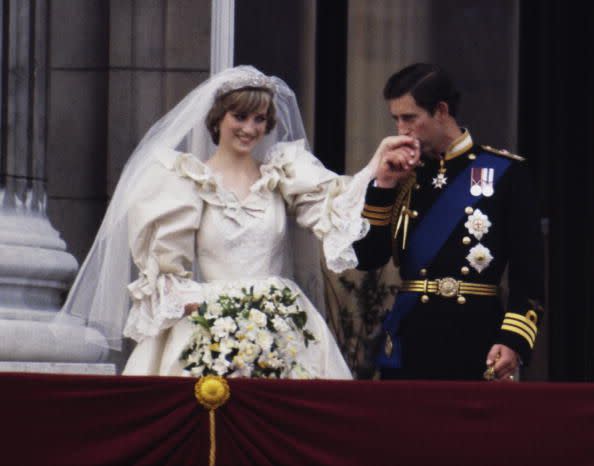
The film is both an indictment of the press, and engages in a conversation about what role the public played in both Diana's death and the media circus that surrounded her when she was alive, but what role then does the documentary play in furthering that obsession? Is it self reflective?
We are highly aware of the accusations of hypocrisy. All I can say is that I felt like this was an important point to make and an important perspective to offer up on a story that continues to dominate the front pages of our newspaper, even 25 years later. As a filmmaker, the only way I can make that point, that I think is valid, is by making a film. And so, in a sense, yes, we are inevitably having to use a lot of, if not all of the footage, which is speculative, which is intrusive, but, I can only talk about my intentions as a filmmaker, and that is to use that footage to make a bigger point about the way in which this kind of speculation does come at a cost.
I hope that when people watch the film, they acknowledge that. I hope it's not heavy handed, but I think it is there.
The other thing I think it's important to say is that I, and we, as a filmmaking team, don't come with any agenda to this film. This is not a film that has a pro-monarchy or anti-monarchy agenda, or a pro-press or an anti-press agenda.
Specifically on the press, in many, many retellings of this story that I think focus solely on the press and the press excess. And it would be wrong to tell this story without also talking about the excesses of the press, because that is clearly part of this story. The film doesn't shy away from that, but it isn't the whole story. We have not as often talked about the demand that we all create by wanting to look at certain photos or read certain stories.
It's a bigger cultural point, but I do think that the footage speaks for itself. And because Diana isn't around to speak for herself anymore and tell us how she was feeling, I think it is interesting to reflect on how we were all feeling at the time. The archive allows us to turn that camera back onto all of us and act as a bit of a mirror.
Since you all made the film, the context around Diana's Panorama interview has changed. What's your perspective on continuing to use that footage?
Our film is telling the story of Diana exclusively through contemporaneous archive from the time and not including commentary from today. And as such, we do use excerpts from the Panorama interview and they are featured briefly in our film as part of the historical record.
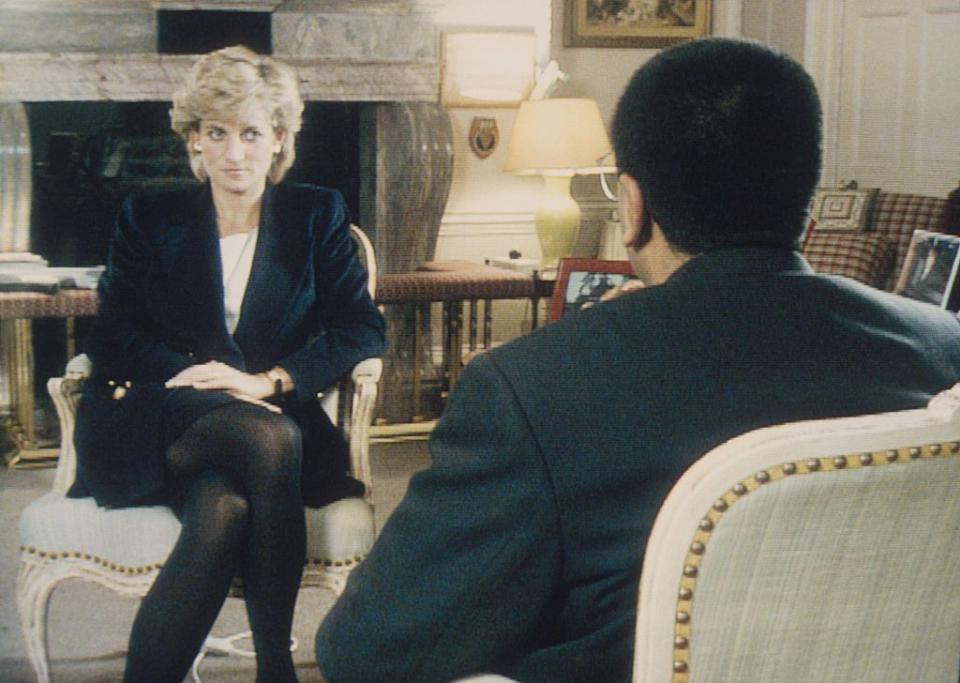
I would love to talk about the logistics of making a film like The Princess. How much footage were you looking at? What was the process of narrowing it down like?
When we started this film, we set our archive team the slightly naive challenge of essentially trying to find everything that exists on Diana. And if I thought about it more, I wouldn't have had such a broad initial request. We didn't want to limit ourselves, but the truth is that for 16, 17 years, she was perhaps the most filmed and photographed person on the planet.
So hundreds and hundreds, probably close to a thousand hours of footage came our way in the edit and my job, and the job our editors, amazing editors, Jinx Godfrey and Dan Lapira, the first sort of six or seven months of the edit, we were just watching footage, 8, 10, 12 hours a day, just watching archive, unedited archive, and trying to find within it moments that spoke to us.
The honest truth is that there's nothing in this story that we don't already know in terms of merited points. There's no twists and turns or revolutions. This is about the way that we are packaging this, that we are pulling it together. And hopefully in totality, it's offering a new perspective.
So we would often be looking into the footage and trying to find subtext and to find body language that interested us and to find those little moments that kind of piqued my interest. And I found myself kind of leaning into the camera going, what's going on there? Is Diana trying to say something? Am I just reading into it and projecting onto it?
Diana is a master of imagery and her own image. And sometimes I think of her almost like a silent movie star. She doesn't speak that much throughout her public life, but she seemed to have a kind of instinctive understanding of how to tell her own private story publicly.
So we are trying often to build scenes around those moments. And a lot of the drama is there on the surface when you're just given the time to look for it.
I've tried to make a film that gives audiences the space to come to their own conclusions and allows audiences to bring their own hindsight to bear on the story. The truth, I think it is inevitable that people bring their own baggage to this story, into this film.
We all watch The Crown, we all read the books, we've all watched other Diana films. So we inevitably all bring our own hindsight analysis to this and that's okay. We want audiences to bring their own hindsight to bear on the film. And that will mean that everyone will probably have a slightly different take home from the film, but our experience of Diana was that it felt weirdly personal. Our relationships with her were not intellectual. They were emotional and they felt deeply unique and personal. And we wanted to try to reflect that.
The Princess airs tonight on HBO and HBO Max at 8 p.m. Sign up for HBO Max
You Might Also Like

